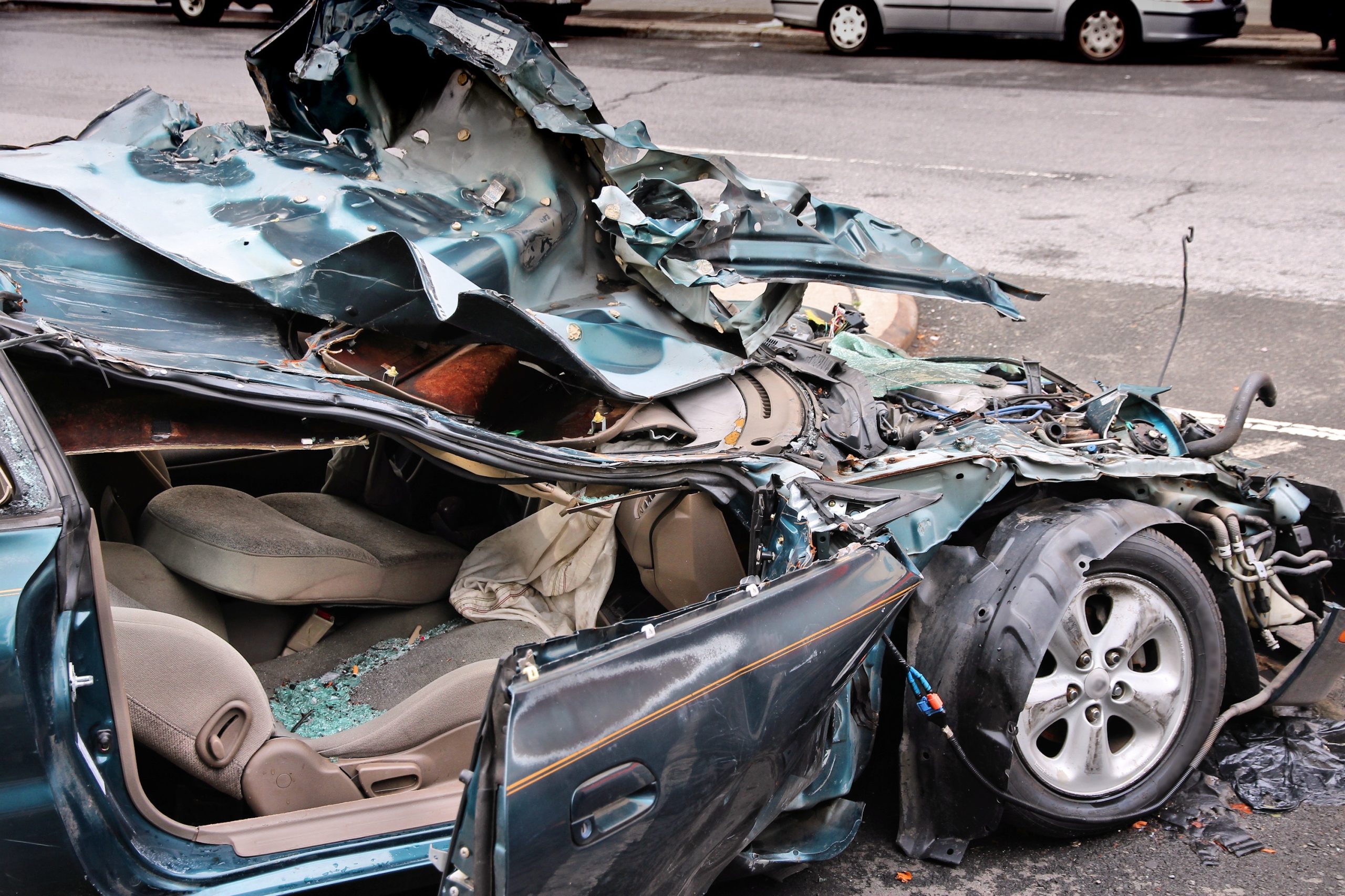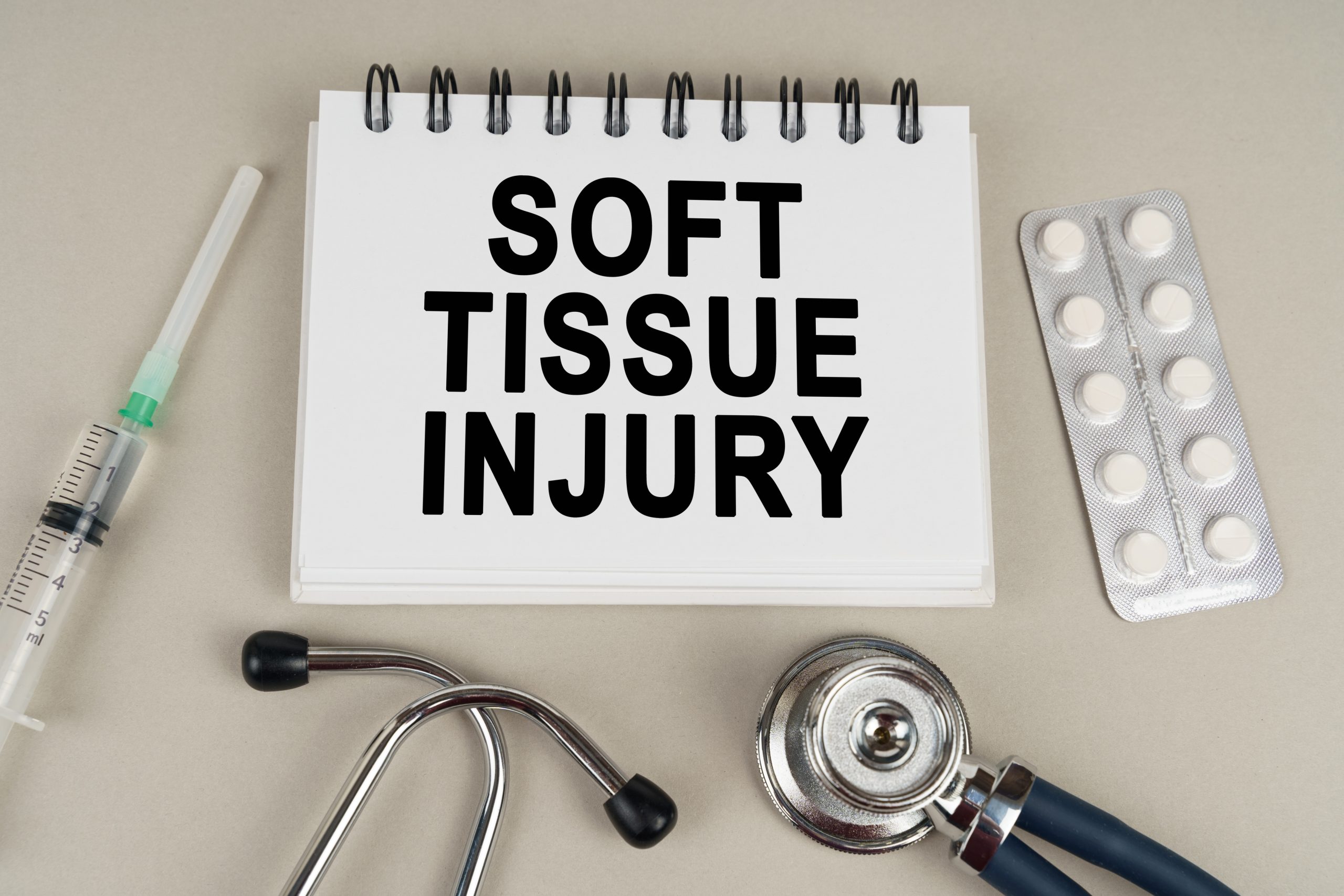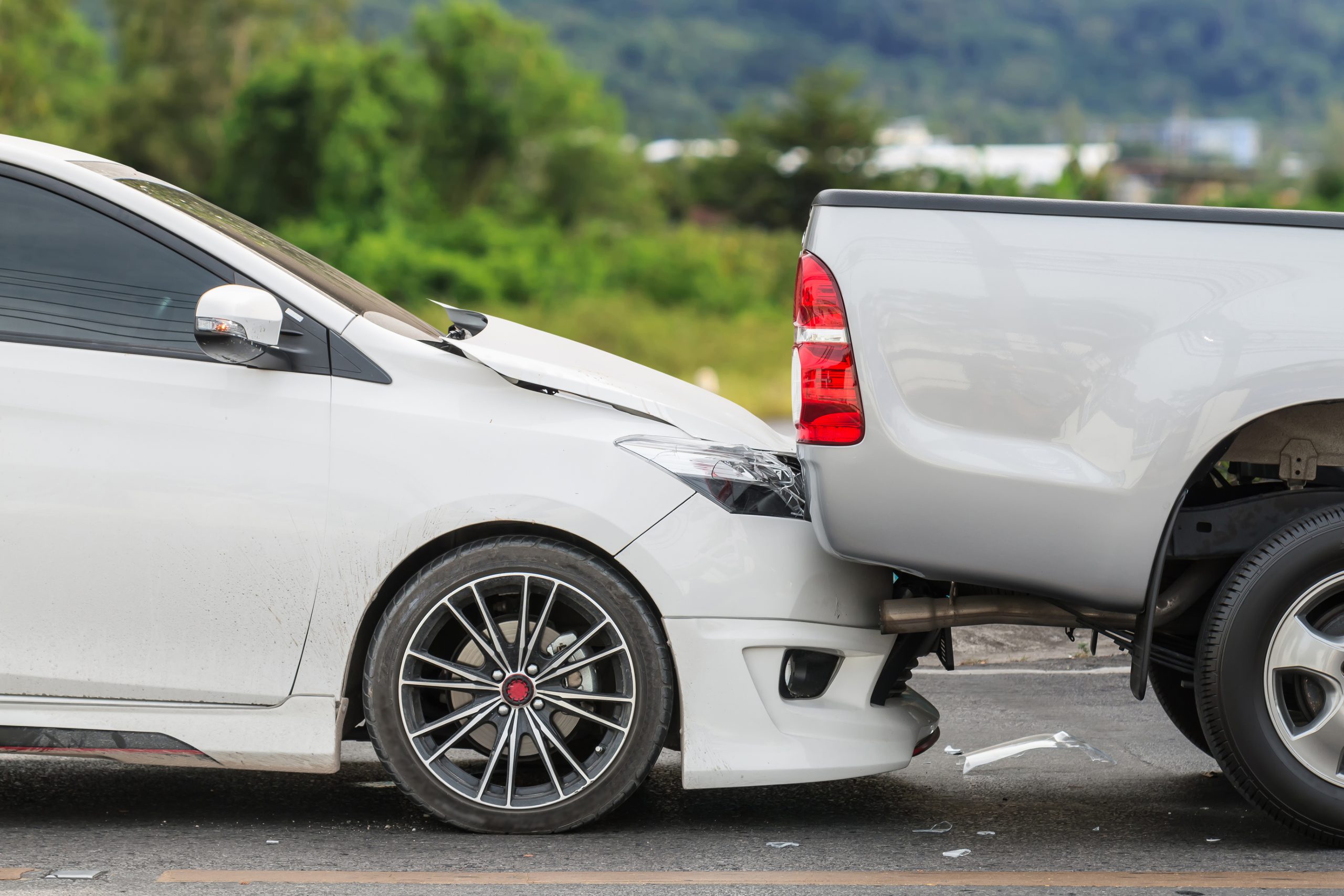If you were involved in a bus accident, it is important to understand that bus accident lawsuits are typically negligence cases. This means you will need to be prepared to prove each element of common law negligence, including duty, breach, causation, and damages, to prevail in a bus accident personal injury case. Typically, private and public bus operators have higher insurance policy coverage than passenger auto insurance policies. If you were injured in a bus accident; whether you were involved in an accident as a pedestrian or a passenger, then you may be entitled to financial restitution for your harms and losses.
Do You Have a Valid Bus Accident Claim?
Many bus accident victims have valid questions that need answering. However, the most important question that needs to be answered sooner rather than later is whether they have a viable personal injury claim. This is an understandable question- because a wide variety of factors can directly affect the answer. For instance, imagine a city bus crash that was caused due to faulty brakes when a group of cyclists entered the roadway without looking. In such a scenario, it could be argued that the driver, public transit authority, cyclists, or manufacturer of intercity buses could be responsible. However, it all comes down to liability. The issue of liability is established by showing that a party had a duty of care, that they violated that duty, and that the violation resulted in damages. In such a situation, you may need to file a lawsuit to recover compensation. However, this will not always be necessary if liability is clear and an insurance provider wants to avoid litigation.
Determining Liability in a Bus Accident
Bus companies and their drivers (or anyone who transports people for a fee) are known as Common Carriers and have an even greater responsibility than typical drivers. All drivers are held to the standard of a “reasonable degree of care” when on the road. Bus drivers owe their passengers the “highest degree of care.”
There are three rules for proving a bus driver was negligent:
- The driver owed the passenger the highest degree of care.
- Their failure to drive with the highest degree of care caused the bus accident.
- The passenger’s injuries were a direct result of the accident.
According to the legal principle called the Common Carrier Doctrine, others besides the driver in the accident can be held responsible. The bus company, the bus owner (including government entities), and even those who maintain the bus can share liability. This means that victims of a bus accident have several avenues to pursue when seeking damages, making bus cases more complex than those of a typical two-car crash.
Notice of Claim
If you are suing another driver, a manufacturer, or someone other than the bus driver or their employer, you can follow the usual procedures of a motor vehicle collision claim. If the bus driver caused the accident, and a government entity owns or operates the bus, you may need to file a notice of claim with the appropriate government agency. You should be aware that these notices must be filed within a relatively short period, so you should take action as soon as possible. Each state or local government provides a specific time limit for submitting the form. You will need to file a notice of claim regardless of whether you were a bus passenger or someone in another vehicle that was hit by a bus. The notice of claim usually will describe the events leading up to the accident, including when and where it happened. It will state the claimant’s belief that the government or its employee was at fault for the accident, and it will outline the damages that the claimant suffered. It should also include the contact information of the claimant. If the notice does not include all the required information, it will be deemed invalid, and the claimant likely will need to file a corrected version before the notice period expires. If the government accepts your claim, you will not need to file a lawsuit. However, if the government rejects your claim or part of it, you can proceed with going to court (if that is the route you choose). Even if you think that the government is unlikely to accept your claim, you need to follow these procedures because your right to pursue compensation in court hinges on complying with the requirements.
Statute of Limitations
Once you file a notice of claim, your injury suit does not have to begin immediately. Nonetheless, statutes of limitations exist in every state and may bar you from filing a lawsuit. These laws vary greatly depending on the jurisdiction of the crash and whether the bus company is privately or publicly owned.
Types of Damages You Can Recover in a Bus Accident
As a victim in a bus accident, you may be entitled to pursue a claim for damages, including economic and non-economic harms and losses. Economic damages are your tangible losses, including medical expenses and lost wages. Non-economic damages have no corresponding financial loss and are more subjective in value. They include things such as your pain and suffering and loss of consortium.
Factors That Influence a Bus Accident Settlement Calculation
There is no straightforward way to determine how much your bus accident injury compensation claim is worth. Many variables come into play when determining the settlement for such cases. Given that each bus accident is unique, it is impossible to put a specific value on bus accident compensation claims. At-fault and no-fault state laws, as well as insurance policy limits, play a crucial role in these types of cases.
Can You Get Compensation Without Suing?
It is possible that you can get financial compensation without suing. Usually, after an accident, an insurance company agent will contact you to gather information about your bus accident injury. Later, the insurance company may make you a financial offer or settlement amount. If you accept that offer, you will be asked to sign a settlement document stating that you understand this is all the money you will be receiving on your personal injury claim. You may want to consider hiring an experienced attorney to review this document, as you may be barred from filing a lawsuit or other claims in the future after you sign it.



